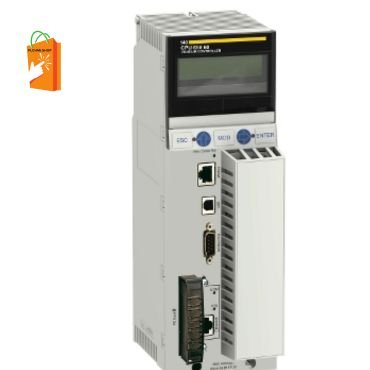Richard E. Morley, affectionately known as Dick, was a pioneering American electrical engineer whose groundbreaking work revolutionized industrial automation. While working at Bedford and Associates in Massachusetts, Morley spearheaded the development of the first Programmable Logic Controller (PLC) for General Motors and the Modicon brand in 1968. General Motors (GM), headquartered in Detroit, Michigan, is a leading American multinational corporation renowned for engineering, manufacturing, marketing, and distributing vehicles and vehicle parts, as well as providing financial services.
Morley’s contributions extend far beyond his engineering feats. As an esteemed author, educator, and influencer, his achievements have earned him numerous accolades from prestigious organizations including ISA (the Instrumentation Systems and Automation Society), Inc. Magazine, Franklin Institute, SME (the Society of Manufacturing Engineers), and the Engineering Society of Detroit. In honor of his legacy, SME presents the Richard E. Morley Outstanding Young Manufacturing Engineer Award, recognizing exceptional technical accomplishments in manufacturing by engineers aged 35 and under.
Today, Schneider Electric proudly owns the Modicon brand of PLCs. These devices represent a monumental advancement in the automation industry, transforming manufacturing processes globally. Designed to replace the arduous and expensive process of re-wiring and hard-wired control panels, PLCs enable software program changes to streamline production updates. Before the advent of PLCs, manufacturing relied on multiple relays, drum sequencers, cam timers, and closed-loop controllers, necessitating extensive and costly re-wiring. The Modicon 084 PLC, the first of its kind, was programmed in ‘ladder logic,’ mirroring the schematic diagrams of the relay logic it supplanted, thus facilitating a smoother transition for engineers and manufacturing professionals. The automotive industry remains a predominant user of PLCs. PLCHMI offers new and refurbished Modicon parts, including the Modicon Quantum series, along with repair services. For more information, please call +1 416 840 4997 or email sales@plchmi.shop.
Modicon PLC History
The Modicon PLC Timeline
In the early 1970s, PLC communication took a significant leap forward with the introduction of Modbus, the first industrial communications network. Based on a Slave/Master architecture, Modbus utilized messaging to enable communication between Modbus nodes, though initial lack of standardization posed challenges for PLC communications.
During the 1980s, General Electric introduced the Manufacturing Automation Protocol (MAP) to standardize the interconnection of devices from various manufacturers. Concurrently, PLC programming software evolved to operate on both personal and professional computers, eliminating the need for dedicated programming terminals or handheld programmers.
As technology has progressed, so have PLCs. Modern PLCs now encompass process, motion, and distributed control systems, as well as sophisticated networking capabilities. They offer data handling, storage capacities, and processing power equivalent to that of standard desktop computers, making them indispensable in today’s manufacturing landscape.
PLCs have continually adapted to meet the demands of an ever-evolving industrial environment. Their ability to streamline processes, enhance efficiency, and reduce costs has cemented their role as a cornerstone of modern manufacturing. From automotive production lines to complex industrial systems, PLCs remain a critical component in achieving operational excellence.

